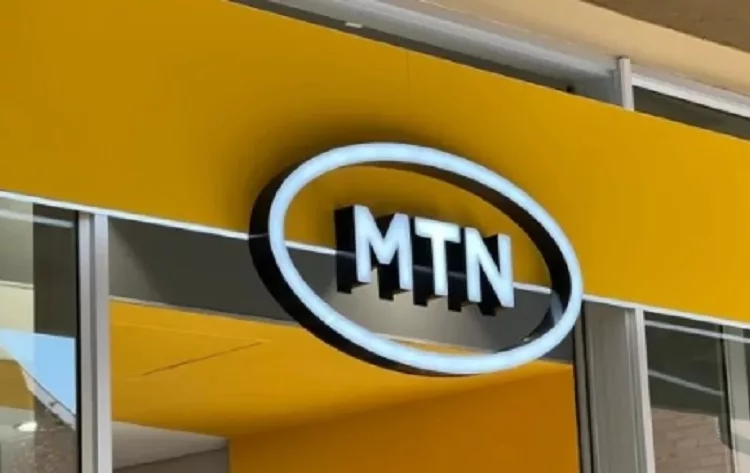MTN Nigeria’s decision to localise its operations in response to the ongoing foreign exchange (forex) crisis is expected to save the company an estimated N100 billion annually, MTN Group’s first-half 2024 results indicates.
The forex crisis, which has seen the naira plummet against major global currencies, has significantly impacted businesses reliant on foreign exchange for their operations. With limited access to forex, companies are struggling to meet their obligations, forcing many to explore alternative strategies to mitigate the impact.
MTNN’s decision to domesticate its operations is part of a broader effort to reduce its dependence on foreign exchange. The telecom giant has begun sourcing more materials locally, renegotiating contracts in naira, and exploring partnerships with Nigerian firms to provide goods and services that were previously imported. This shift is expected to stabilise the company’s operations amid the volatile forex market.
Recall that on August 7, 2024, IHS and MTNN announced a renewal and extension of all Nigerian tower Master Lease Agreements until December 2032, covering approximately 13,500 tenancy contracts.
According to MTN Group’s first-half 2024 results, this new agreement is expected to save its Nigerian subsidiary between N75 billion and N85 billion by the end of 2024, while noting that these savings could range between N100 billion and N110 billion on an annualised basis.
MTN’s group president, Ralph Mupita, said, “Based on current assumptions for 2024, we anticipate that the renegotiated terms will result in a benefit to MTN Nigeria’s EBITDA margin of between 3-4pp for FY 2024; on an annualised basis, this approximates to 4-5pp.
“In terms of cash flow effects, we estimate that the new terms will result in a benefit of between N75-85 billion for FY 2024. On an annualised basis, this approximates to N100-110 billion.
In MTN Group’s H1 result, Mupita highlighted that the revised terms significantly reduced the dollar-indexed component of the leases and removed technology-based pricing, allowing payments for new upgrades to be based on tower space and power.
MTNN’s chief executive officer, Karl Toriola, stated, “Efficient tower contracts are key in driving cost-effective, deepen broadband penetration and leading technology across our operations, and in our quest of achieving differentiated value, we will from time to time review the contracts we have with our partners to ensure they optimally meet our site requirements.”
MTNN’s chief financial officer, Modupe Kadri, added, “It is important to say that tower contract renegotiation, supported by disciplined capital allocation, is very important in mitigating the impact of forex liberalisation and higher energy costs.”
CEO of Chapel Hill Denham, Bolaji Balogun, said this is the way to go, if the ICT sector must survive this volatile period. “Nigeria has immense potential in the telecommunications sector. To realise this potential, we must prioritise domestication and localisation. I am calling for a shift from an import-dependent model to one that fosters local production of telecommunications equipment,” Balogun added.
We’ve got the edge. Get real-time reports, breaking scoops, and exclusive angles delivered straight to your phone. Don’t settle for stale news. Join LEADERSHIP NEWS on WhatsApp for 24/7 updates →
Join Our WhatsApp Channel










